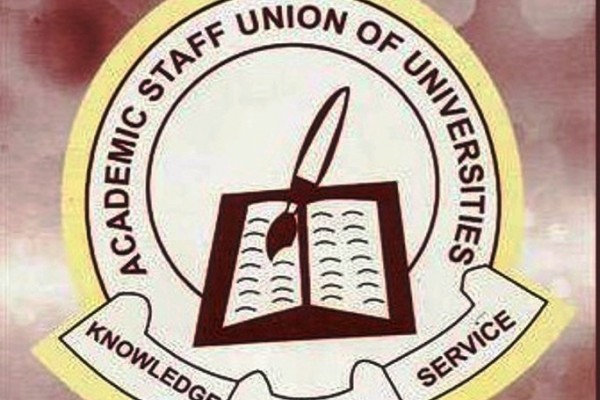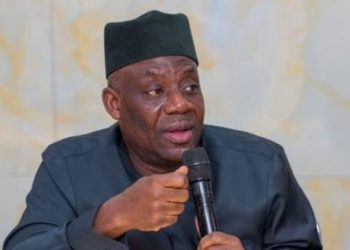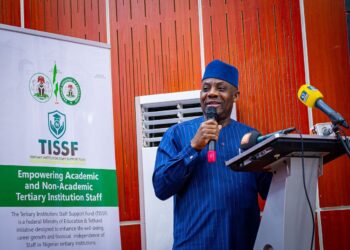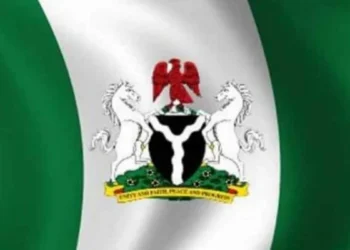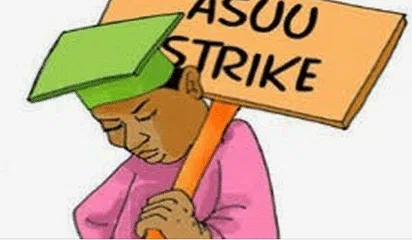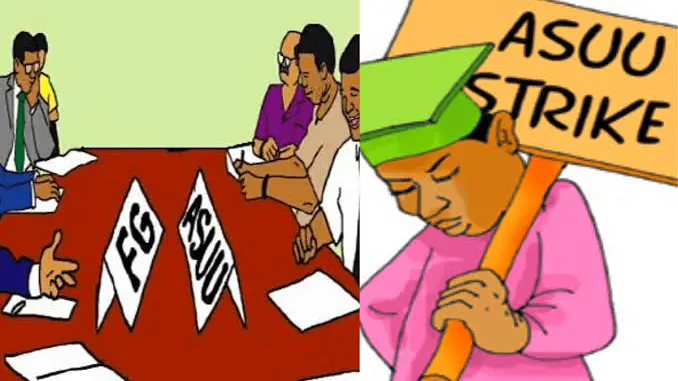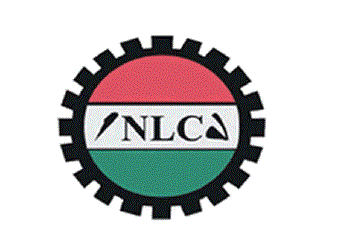The Academic Staff Union of Universities (ASUU) has delivered a stern ultimatum to the federal government, threatening nationwide industrial action if the 2009 FG/ASUU agreement is not immediately implemented.
The warning came during a press conference held in Abuja on Friday, where union leadership expressed mounting frustration over years of unmet commitments.
ASUU President Chris Piwuna outlined nine critical issues that have remained unresolved, creating what he described as a crisis in Nigeria’s public university system. The union’s grievances center on the stalled renegotiation of the 2009 agreement, which has been pending since 2017, alongside a host of other pressing concerns affecting academic staff nationwide.
Piwuna highlighted the government’s failure to address salary withholdings that followed the 2022 strike, leaving many university lecturers without their full compensation for extended periods. The union also cited unpaid entitlements related to the controversial Integrated Payroll and Personnel Information System (IPPIS), which has created administrative complications for academic staff payments.
The ASUU president criticized the government’s neglect in releasing promised revitalization funds and paying earned academic allowances that have remained in limbo despite earlier commitments from federal authorities. He specifically reminded the government of its pledge to inject N150 billion into the university system, a promise that has yet to materialize.
“The government committed to adjusting irregular allowances by 2026, but these commitments have not been honored,” Piwuna stated, emphasizing the pattern of unfulfilled promises that has characterized government interactions with the union.
The union’s concerns extend beyond federal institutions to include the treatment of ASUU members in state-owned universities. Piwuna drew attention to situations at Kogi State University and Lagos State University, where academic staff face victimization, job insecurity, and salary denials. He argued that these conditions severely undermine staff morale and contribute to the deteriorating academic environment across Nigerian universities.
Political interference in university leadership selection emerged as another major concern raised by the ASUU president. He cited specific examples from Nnamdi Azikiwe University and the University of Abuja, where he alleged that political and economic interests have compromised the integrity of leadership selection processes, undermining university autonomy.
In addressing broader educational challenges, Piwuna called for what he termed a “national rebirth through education,” proposing the organization of an education summit to address critical issues including funding, university autonomy, and academic staff welfare. He emphasized education’s vital role in empowering citizens, driving innovation, and instilling values necessary for national development.
“Without adequate investment in education, national development would remain unattainable,” Piwuna declared, underscoring the connection between educational investment and Nigeria’s broader development objectives.
The ASUU president stressed that universities should serve as centers for developing solutions to national challenges, but noted that this role cannot be fulfilled without proper support and investment from government authorities. He emphasized the union’s willingness to engage in constructive dialogue while making clear that further erosion of academic staff rights would not be tolerated.
“Our universities should be centres for solutions to national challenges. We are open to dialogue but will not tolerate further erosion of our rights,” Piwuna stated firmly, summarizing the union’s position on the ongoing dispute.
The threat of industrial action comes as Nigerian universities continue to grapple with infrastructure challenges, inadequate funding, and staff welfare issues that have persisted for years. Previous ASUU strikes have resulted in extended university closures, disrupting academic calendars and affecting millions of students across the country.
The union’s ultimatum places pressure on the federal government to address longstanding issues in the university system or face the prospect of another potentially lengthy strike that could paralyze higher education institutions nationwide. The government’s response to ASUU’s demands will likely determine whether Nigerian universities face another period of industrial action or can move toward resolving the chronic issues affecting the sector.

